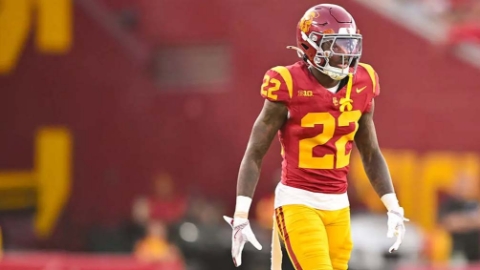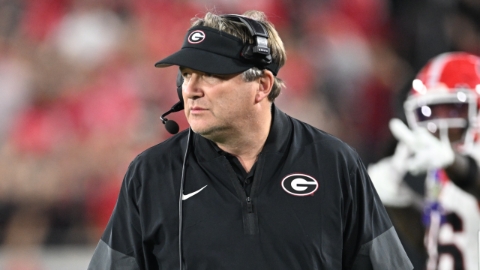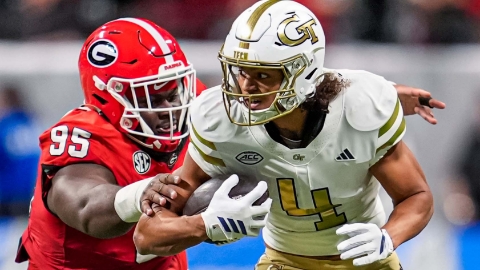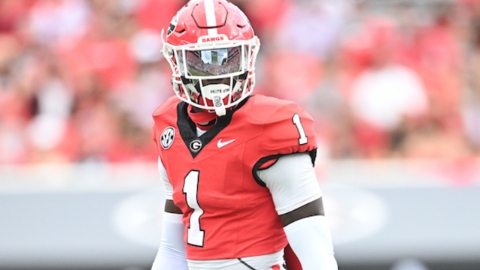The Speed of Trust - Is Something Different About These Georgia Bulldogs?
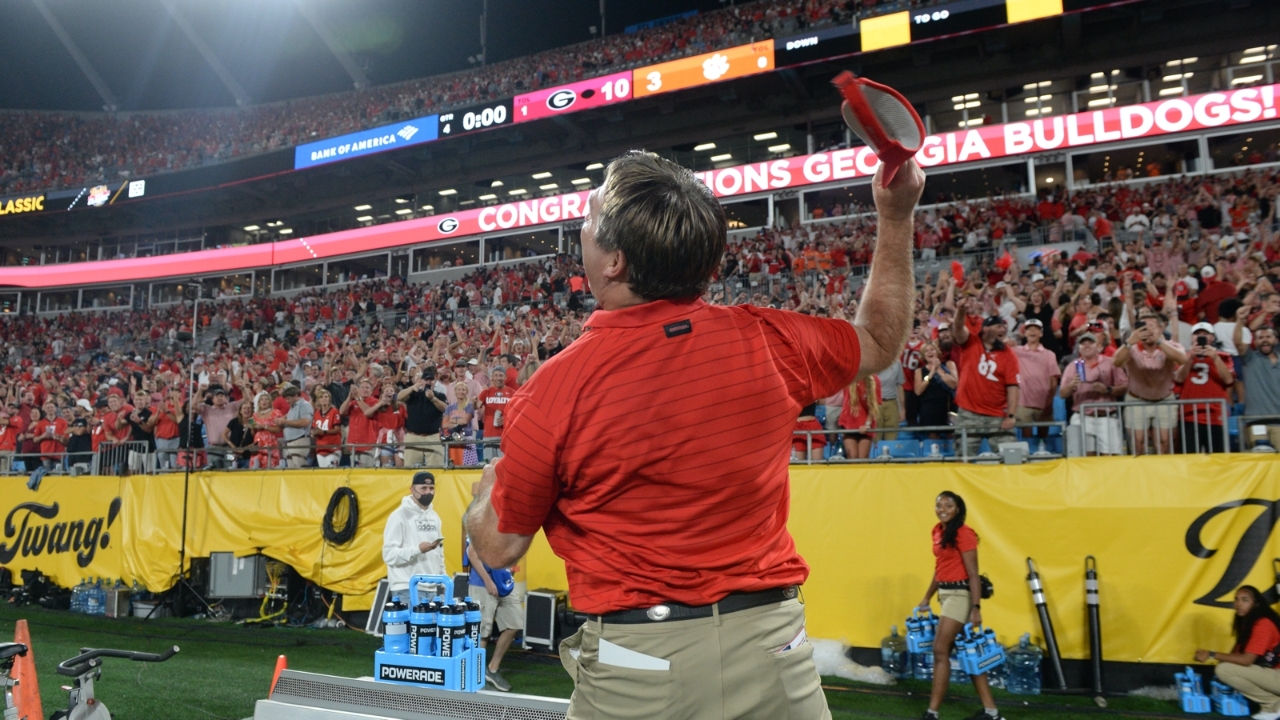
Something seems different about the 2021 Georgia Bulldogs.
Only a quarter of the way into this season, there is just a different feeling surrounding this team. It feels as if this team, finally, not only knows they are good, but they believe it as well. Kirby has always talked about toughness, discipline, and intensity as the hallmarks of what he wants out of this program. This season, however, Kirby added another term – connection. One could be forgiven thinking that connection was an understood, or implied outcome of all the time the staff and players spend together, both in season and during the off season. For those of us who have spent time on a team, of any kind, we know that a concerted effort must be made to not only facilitate but sustain relationship building that can withstand tough times.
In his book, “The Speed of Trust”, Stephen Covey lays out the case for the importance of trust in any organization. While written mainly for businesses, the concept of building trust can be applied to truly any organization. Trust was a key component in every good unit in which I served during my time in the Army. Boiling it down to its simplest function, trust means confidence. Now, trust doesn’t just happen. Trust is developed through trial, communication, and building relationships. Motivations and goals at the individual and organizational level are nested. And when people trust each other, the speed at which the functions of the organization happen increases. Sometimes, dramatically.
Watching the first three games, it appears that this team has increased level of camaraderie and spirit on this team. While offensive and defensive statistics generally lead pundits to make bold prognostications about a team’s prowess or future success, it’s the intangible factors that generally have more to do with a team’s overall success. Connection – trust – is an intangible that can’t be measured in the box score directly. But, by using a formula of Strategy + Execution x Trust = Results, it becomes simple to see why this year’s team has something different. Strategy and execution have generally been consistent during Kirby’s first 5 years of being the head man at UGA, especially on the defensive side of the ball. Offensive production has seen fits and starts, both at the coordinator level (strategy) and the competence of the primary signal caller (execution). But this season has seen a different UGA offense similar to what we saw in the final four games of the 2020 season. However, what jumps out at me is the confidence, or trust, that Kirby has in Todd Monken, and subsequently, the trust he has in JT Daniels and the rest of the offensive lineup. And those offensive players have great trust in each other. For example, Daniels is playing without 4 of his top offensive weapons on the outside (Pickens, Washington, Blaylock, and Jackson), but UGA continues to put the ball in the air, downfield, at a rate higher than any of us can remember in Kirby’s time. Young receivers like AD Mitchell, Brock Bowers, and Marcus Rosemy-Jacksaint continue to get multiple opportunities each game, so far, that clearly show that the coaching staff and signal caller have high trust in their ability to not only execute the called play, but to make plays when given the opportunity. And those players continue to reward that trust with results.
Trust goes both ways. While the staff obviously trusts the players, there is a sense that the players trust the staff as well. That is borne out in the execution on the field, and what I can only surmise as excellence at practice. This connection that Kirby spoke of during the offseason, and during media updates during the season so far, have seemingly focused on the player-to-player connection. But that connection only goes so far if the trust does not extend to the coaching staff. Player-to-coach trust must be there, or you don’t get a 10-3 win over the No. 2 team in the country in a “neutral site” game.
This two-way trust reminds me of a wartime situation I studied from World War II. The 761st Tank Battalion was the only all-African American tank unit in the European theater. Because they trained together prior to their employment in France, these men completely trusted each other. They policed their own ranks. In November 1944, the 761st, known as the Black Panthers, were initially employed to support an infantry assault against the outlying areas near Metz, France. They fought so fiercely that the division leadership decided to use them in the final assault to secure Metz, allowing Allied forces to cross the Rhine River. The trust they earned from their higher leadership led to them also being used to help relieve the besieged forces near Bastogne during the Battle of the Bulge. These men gained trust of each other through training and earned that of their leadership by their conduct on the battlefield. By the end of the war, the 761st was known as one of the most effective fighting units in the entire European theater.
Why this story? I believe it truly illustrates how powerful trust and connection can be. UGA fields a fast and brutal defense. The offense has proven, even without some top playmakers, to be able to score from anywhere on the field. They play together. They trust each other. They trust the coaches, and the coaches trust them. And while there are some areas that need to be cleaned up, this is quite possibly the strongest UGA team that Kirby has fielded. And they are playing like it. After the Vanderbilt game this Saturday, UGA will face four opponents in 5 weeks that will determine the trajectory of the 2021 season. Their connection and trust will be tested against Arkansas, Auburn, Kentucky, and then Florida. Will that trust and connection prove to be the deciding factor during that tough stretch?
We’ll see.

